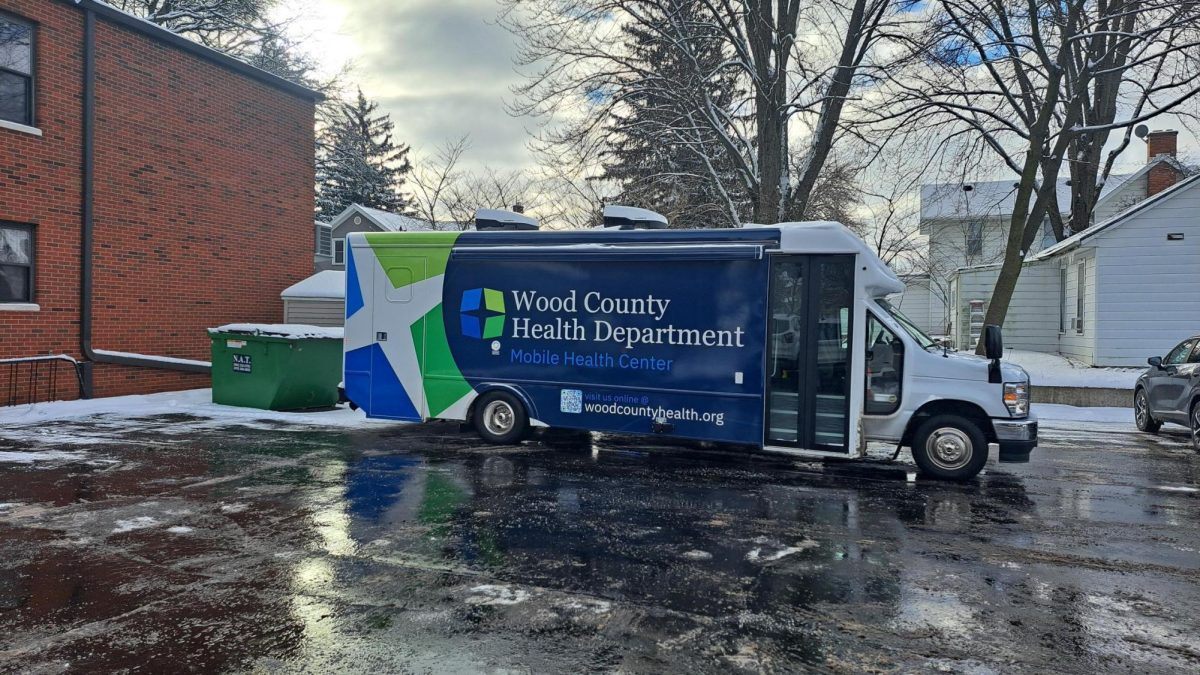With a landslide vote, the Bowling Green community rejected adding the fracking ban amendment to the city charter.
The charter amendment lost 3,549 votes to 1,194 votes, according to the Wood County Board of Elections.
“I’m very pleased with the outcome and I’m grateful to voters,” said Mayor Richard Edwards, who along with the city administration and local industries opposed the amendment. “I’ve always been cautiously optimistic, but this re-affirms the values of charter.”
In September, city council banned fracking, a process of extracting oil and natural gas from the earth, but the protestors wanted the charter amendment because the state could preempt local law. It could overturn a charter as well, but has yet to do so.
As to why the charter amendment failed, At-Large Council member Bob McOmber believes is because the amendment didn’t just ban fracking.
“I think people became informed and they realized the drawbacks to the charter,” McOmber said, referring to the city’s concern that the charter’s vague language could raise utility rates.
This potential increase could have negatively affected area businesses, said Earlene Kilpatrick, executive director of the Bowling Green Chamber of Commerce.
“The higher cost of utility rates would lead to a higher cost in doing business,” Kilpatrick said. “A negative message would have been sent to developers interested in community.”
Although the charter amendment failed, most city council members weren’t surprised.
“It’s been a topic at every council meeting for the past three or four months and the city’s pretty much been always been against petition,” said Second Ward Council Member John Zanfardino.
City council placed the amendment on the ballot after receiving a petition with nearly 2,000 signatures from Protect BG, a group of concerned citizens wanting to make sure the practice never happened in town.
After the results came in Tuesday night, members from Protect BG could not be reached after multiple phone calls.
The difference between a law and the city charter is that the charter outlines the form of government such as the duties of the mayor and municipal administrator.
Though the charter amendment failed, Edwards sees the result as the community’s approval of the sustainability efforts of the city.
“It re-affirms what we do in terms of sustainability,” he said. “Even though BG is doing well as a leader, the challenge is how to [improve] our ability in lessening our dependency on fossil fuels.”













